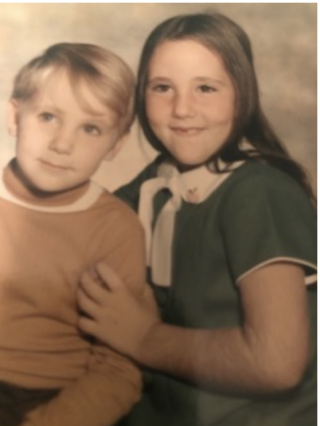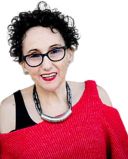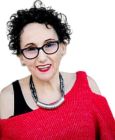Aging
Apprehension About Aging Alone
Personal Perspective: Aging alone brings up a myriad of issues and concerns.
Posted October 16, 2023 Reviewed by Gary Drevitch

I was having a session with a client who said she enjoyed living alone and couldn’t fathom sharing her space with anyone else. Inside I was agreeing with her wholeheartedly and understanding where she was coming from. I didn’t disclose to her that I haven’t lived with roommates since college and I, too, could not imagine sharing my space with a friend, husband, lover, or anyone else, catering to the whims of others, tiptoeing around when I wake at 2 am.
But as I age and health concerns accumulate, I become more concerned about living alone. A couple of weeks ago I was carrying a half-full coffee cup back to the kitchen — in my favorite mug, I might add — and I fell. The cup broke and coffee spilled all over my beige rug. I was okay, more scared and shocked than anything. Having osteoporosis, I was just thankful I didn’t break anything.
After my stroke, I purchased an Apple watch because it has a feature that will automatically call 911 if you fall. My stroke occurred in the middle of the night and at that time I was fortunate I was cognizant enough to get myself to the hospital. Even after five years, the doctors never discovered the cause, and I remain fearful that it could happen again as I get older.
An estimated 6.6 percent of American adults aged 55 and older have no living spouse or biological children, according to a study published in 2017 in The Journals of Gerontology: Series B. (Researchers often use this definition of kinlessness because spouses and children are the relatives most apt to serve as family caregivers.) One percent lacked a partner/spouse, any children, biological siblings, and biological parents.

I fall into the 6.6 percent. I have my brother and a niece, but my brother is only 18 months younger than me so we will be aging together, although he is in better health than I. I have one niece who will soon be sweet 16, but I don’t want to have to count on her ,nor do I want to be a burden to her.
Over this past summer during the span of a week, I had three medical events that were either TIA’s or seizures. After the second one, which happened on a Saturday morning, I went to the ED where the third one took place, during which I was unresponsive. The MRI was unremarkable. I have four neurologists; a general neurologist, a migraine specialist, a seizure specialist, and a stroke specialist. I’m going back and forth between the seizure physician and the stroke physician who is reviewing all my CT scans and MRIs since the stroke. My seizure physician has expressed concern about me being home alone since those incidents. She wants to admit me into the hospital, take me off of my seizure medication, and see if that produces a seizure. She is thinking about putting me on a different, more powerful medication. This does not thrill me.
One Canadian study showed that middle-aged and older adults without partners have lower levels of physical and mental health and higher levels of loneliness than those with partners. Additionally a meta-analysis of the literature on mortality and partnership finds that never-married adults have 24 percent higher mortality hazards than their currently married counterparts. I have never been married.
How do I comprehend all of what is going on with me and all this data? I need to remain vigilant, follow the protocol my doctors lay out for me, and be proactive when it comes to advocating for my health. And I can’t neglect the toll this is taking on my emotional health, or the increased anxiety and stress, which I deal with by taking walks with my dog, Shelby, writing, and hanging out with friends.
Right now, I’m just taking it one day at a time.
Thanks for reading.


